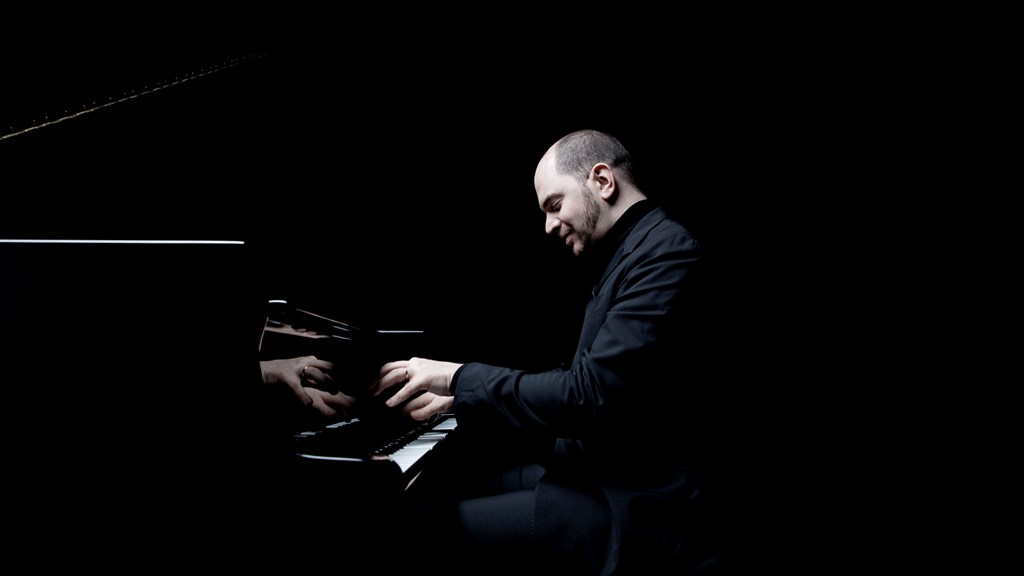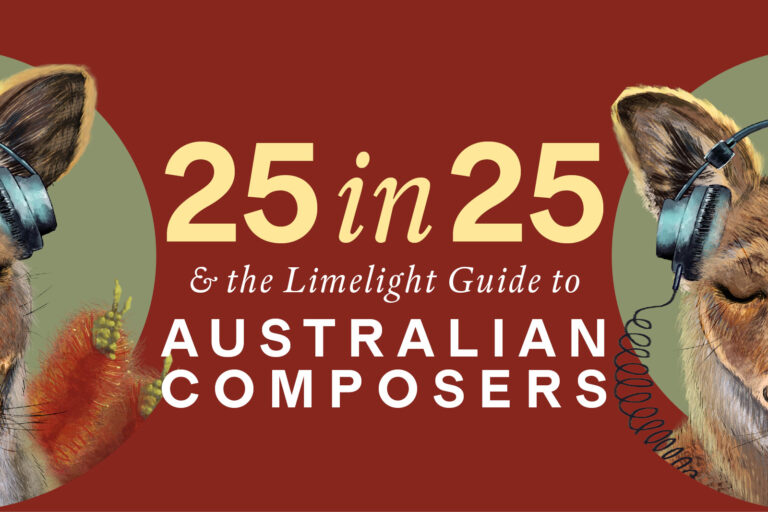Prior to conducting the Brahms First Piano Concerto with Glenn Gould and the New York Philharmonic in 1962, Leonard Bernstein said, “You are about to hear a rather unorthodox performance… [and] I cannot say I am in total agreement with Mr Gould’s conception.” Although my sentiments were perhaps not as extreme as Bernstein’s, the thought echoed in my mind throughout the concert, part of the Sydney Symphony Orchestra’s Keys to the City Festival.
 Kirill Gerstein. Photo © Marco Borggreve
Kirill Gerstein. Photo © Marco Borggreve
Liszt’s Transcendental Étude No 7, Eroica, was set up as an introduction to Beethoven’s Fifteen Variations and Fugue. Calling for incredibly virtuosic runs and fast chord progressions, the Eroica was a work that showed off Gerstein’s technical dexterity, even though there were times when the direction and breathing between rests seemed ambiguous.
Without removing his hands from the keys after Liszt’s final E Flat chord, Gerstein shot straight into the Beethoven. Although the composer was known to be a bold, passionate man, his works often reflecting that, he also carried great tenderness and sensitivity. Gerstein occasionally made the accents in an already dynamically varied work blunter than Beethoven calls for, while tempo in each variation...
Continue reading
Get unlimited digital access from $4 per month
Already a subscriber?
Log in










Comments
Log in to join the conversation.